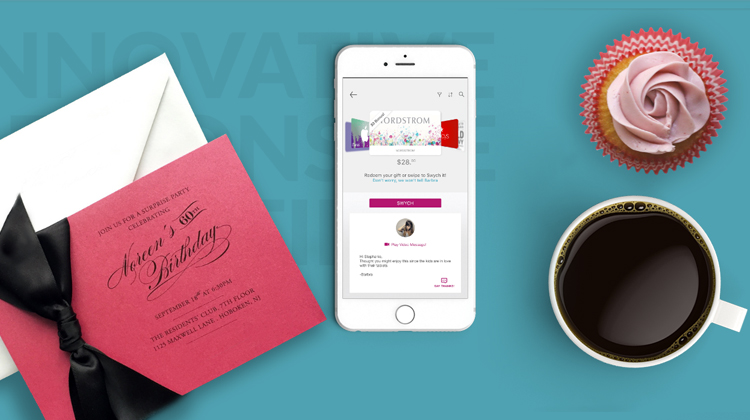The Customer Effect
What banks stand to gain from digital gifting platforms
- Banks offer P2P payment apps but only a few participate in gifting.
- Will P2P gifting apps be joining the banking innovation fray?








